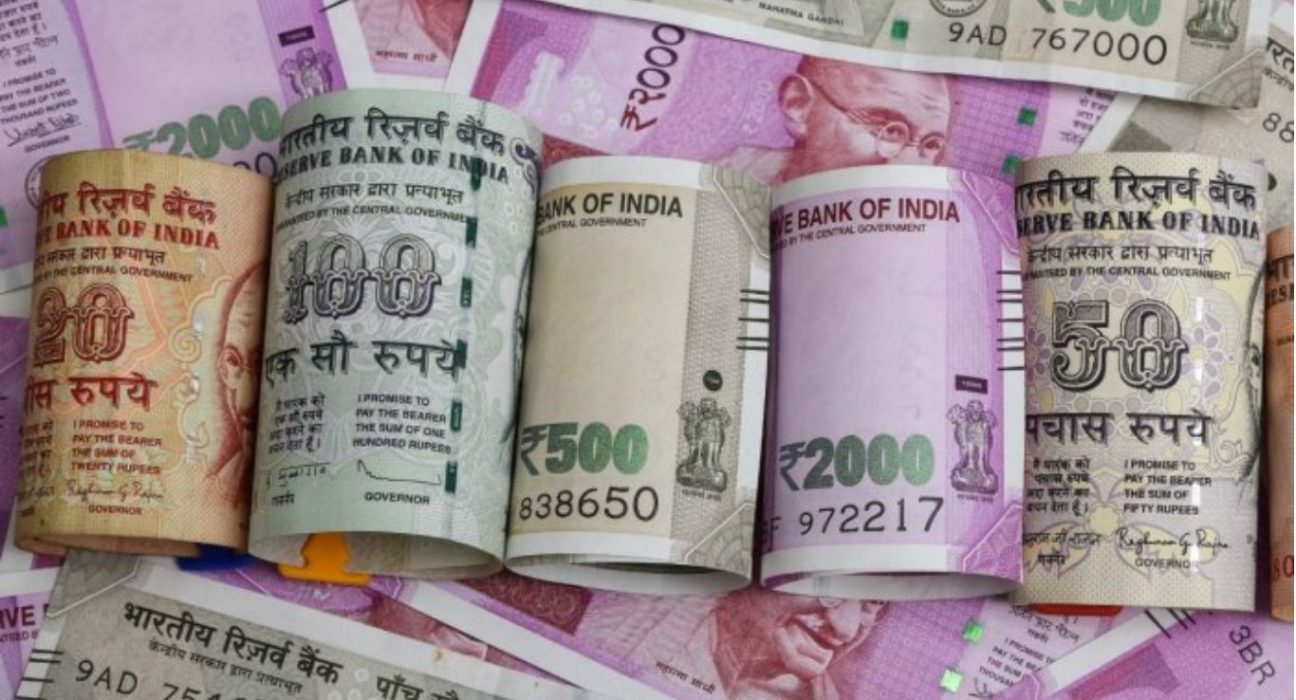Introduction:
India, known for its robust economy and strong foreign exchange reserves, has recently witnessed a decline in its foreign exchange holdings. As reported on May 27, 2023, by East Coast Daily, the foreign exchange reserves of India have fallen to $593.477 billion. In this article, we delve into the factors behind this decline and analyze the potential implications for India’s economy. Let’s take a closer look.
Understanding the Decline:
The decrease in India’s foreign exchange reserves to $593.477 billion raises concerns and requires a comprehensive analysis to comprehend the reasons behind this decline. Several factors contribute to the decrease, including:
1. Trade Deficit and Current Account Balance:
One of the primary factors influencing foreign exchange reserves is the trade deficit. If a country’s imports surpass its exports, it leads to a negative trade balance, which, in turn, affects the current account balance. A persistent trade deficit can put pressure on a nation’s foreign exchange reserves, and it’s important to examine India’s trade dynamics to assess its impact on reserves.
2. Currency Exchange Rates:
Currency exchange rates play a significant role in determining the value of a country’s foreign exchange reserves. Fluctuations in exchange rates can affect the valuation of foreign currencies held by India. A depreciation in the value of major currencies against the Indian rupee could contribute to the decline in reserves when converted back into the domestic currency.
3. Capital Outflows:
Another factor influencing foreign exchange reserves is capital outflows. In times of global economic uncertainty or unfavorable investment climate, investors may choose to withdraw their capital from a country, leading to a reduction in foreign exchange reserves. Examining the capital outflow trends from India provides insights into this aspect.
Implications for the Indian Economy:
The decline in India’s foreign exchange reserves can have several implications for the country’s economy:
1. Currency Stability:
Foreign exchange reserves play a crucial role in maintaining the stability of a nation’s currency. Adequate reserves ensure that a country can intervene in the foreign exchange market, stabilizing its currency against excessive volatility. With the decline in reserves, there might be increased pressure on the Indian rupee, potentially impacting the exchange rate stability.
2. Imports and Exports:
Foreign exchange reserves are vital for facilitating international trade. A decline in reserves may affect India’s ability to meet its import obligations and pay for essential goods and services from other countries. It could also impact the competitiveness of Indian exports in the global market, potentially hindering the economic growth and balance of trade.
3. Monetary Policy:
Foreign exchange reserves influence a country’s monetary policy. A significant decline in reserves might limit the central bank’s ability to implement expansionary measures, such as reducing interest rates or stimulating economic growth. It can also impact a country’s capacity to tackle inflationary pressures effectively.
Conclusion:
India’s foreign exchange reserves have witnessed a decline, reaching $593.477 billion. Factors such as trade deficits, currency exchange rates, and capital outflows contribute to this situation. The implications of this decline encompass currency stability, imports and exports, and monetary policy. As the Indian government and financial authorities address these challenges, it becomes crucial to closely monitor the trajectory of foreign exchange reserves and their impact on the overall economy.
By understanding the complexities surrounding the decline in foreign exchange reserves, policymakers can devise strategies to mitigate the challenges and work towards bolstering India’s economic resilience in the face of global uncertainties.










